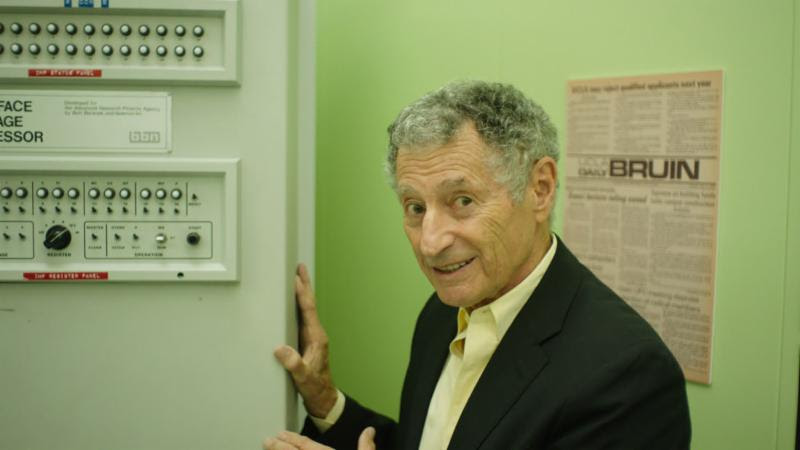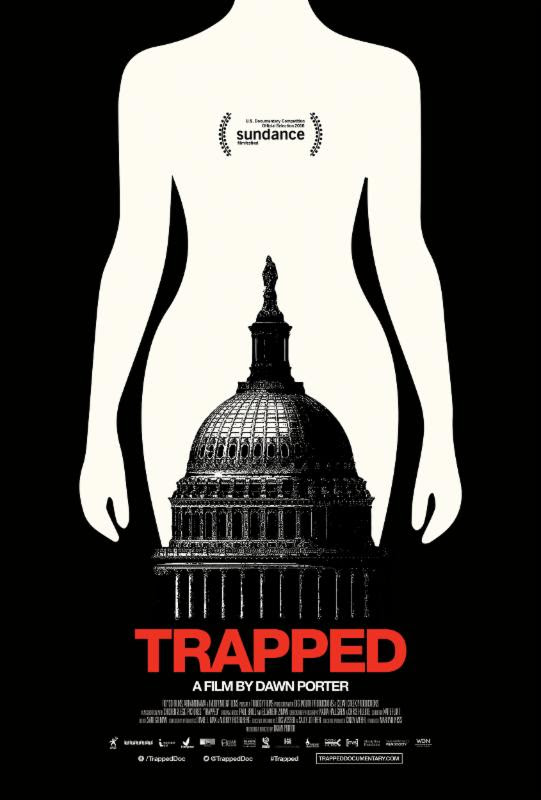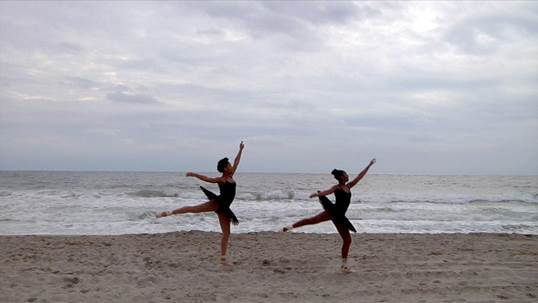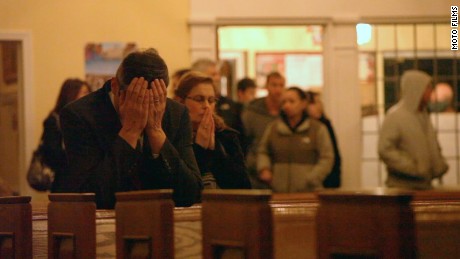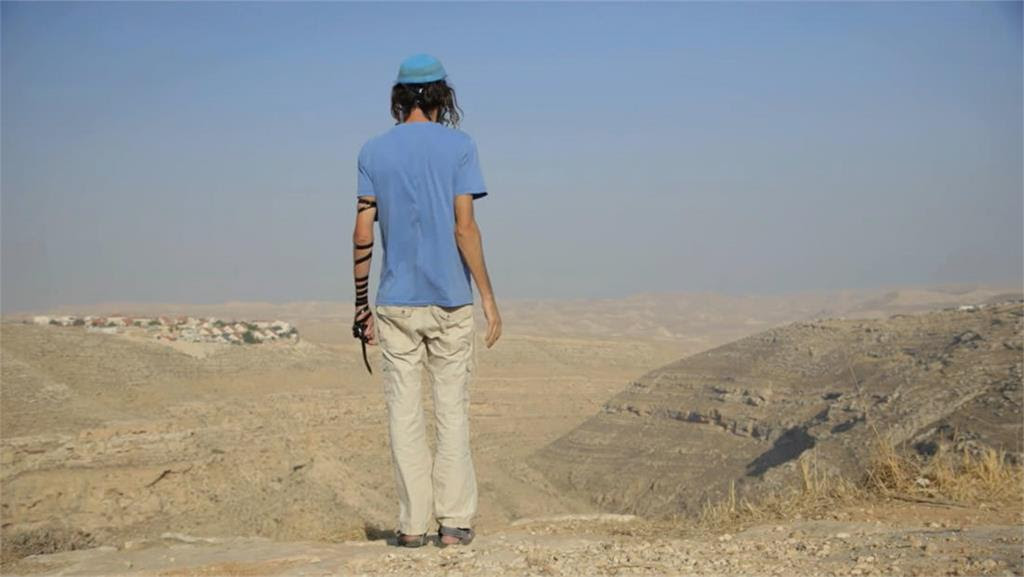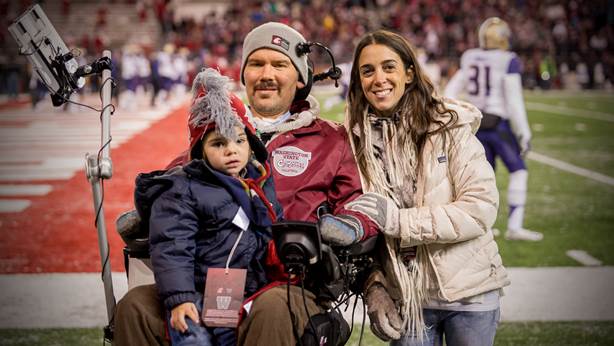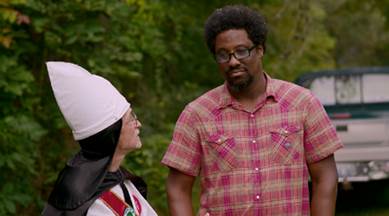JUST AFTER ATTENDING THE SUNDANCE FILM FESTIVAL for the first time in 2013, I wrote about how the experience made me really contemplate my mortality. One big reason for this was the fact that the movies I saw were so diverse in tone and style, so my thoughts were becoming scattershot.
The festival’s selections typically run the thematic gamut, from biography to horror to slapstick comedy; still, never in the four years I’ve written about them have Sundance’s documentary premieres seemed so topical, valuable, and “tapped in.” Here are the seven most important docs, in no particular order, set to drop when Sundance begins on January 21.

